Craft Hub was a collaborative project involving UK and EU partners from Ireland, UK, Italy, Portugal, Germany, Greece, Norway and Denmark, co-funded by Creative Europe.
At the close of the project the partners, including Craft Scotland, released The Craft Hub Journey Project Catalogue which narrates its remarkable three-year journey.
>>> Download The Craft Hub Journey Project Catalogue
The three-year Craft Hub Project, co-funded by the EU’s Creative Europe Programme, was successfully completed at the end of 2023. The aim of this pioneering initiative was to demonstrate craft’s importance within our shared European cultural heritage as well as its continuing relevance in contemporary practice. 31 December 2023 marked the launch of The Craft Hub Journey Project Catalogue, a richly illustrated e-publication providing a lasting record of the project’s many activities and achievements.
Craft Hub’s genesis lay in ‘a shared passion for Craft; its heritage, culture and traditions; its practice, materials, innovation and experimentation’ (Project Catalogue, 7). The publication demonstrates how this passion was developed by the Craft Hub partners into a carefully considered programme of wide-ranging, transformative collaborations, and presents their impressive outcomes.
"It was wonderful to see the enthusiasm and professionalism of the participating Scotland-based makers whose experimental processes, driven by design and sustainability, really stood out."
- Becky Riches, Project Manager, Materahub.
The project brought together nine UK and EU partners from Denmark, Germany, Greece, Ireland, Italy, Norway, Portugal, Scotland and Wales, all working in close collaboration. As Scotland’s national development agency for craft, Craft Scotland was able to contribute both its organisational expertise and links to its well-established networks of skilled makers, curators and writers.
All nine partners built valuable new international connections through their participation. Craft Scotland’s Director, Irene Kernan, says, ‘Through this collaborative effort, Scotland-based makers have had the incredible opportunity to showcase their craftsmanship on an international stage, fostering cross-cultural exchanges and expanding horizons…The impact of this project extends beyond borders. It has been truly rewarding, with positive responses about the quality of our country’s practitioners' work and research.’
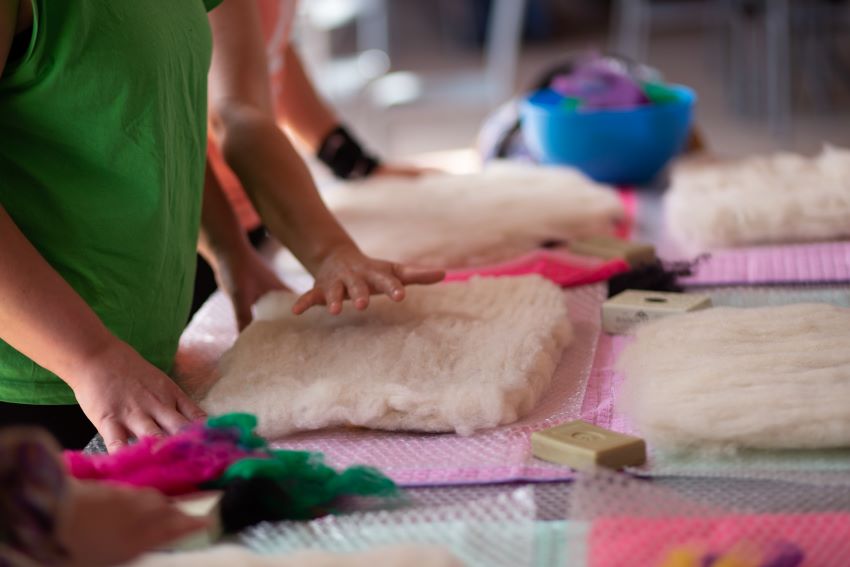
Image: Felting workshop in Greece with Konstantia Vlahidou / Photography by Niki Sferopoulou
This is reflected in comments from Becky Riches, Project Manager at Italian partner, Materahub, who also led on the marketing of the overarching project. She said, ‘The Craft Hub Project has illustrated the value of craft as an inclusive tool for personal and collective growth, as well as created concrete, long-term opportunities for professional growth for craft practitioners. It was wonderful to see the enthusiasm and professionalism of the participating Scotland-based makers whose experimental processes, driven by design and sustainability, really stood out.’
Scotland’s makers are innovative, outward-looking and keen to explore new ways of thinking and working. Practitioners from different craft disciplines took part in the many opportunities Craft Hub provided to connect with the wider craft community beyond Scotland. The programme’s range of individual and organisational activities all maximised the benefits of transnational working and knowledge-sharing.
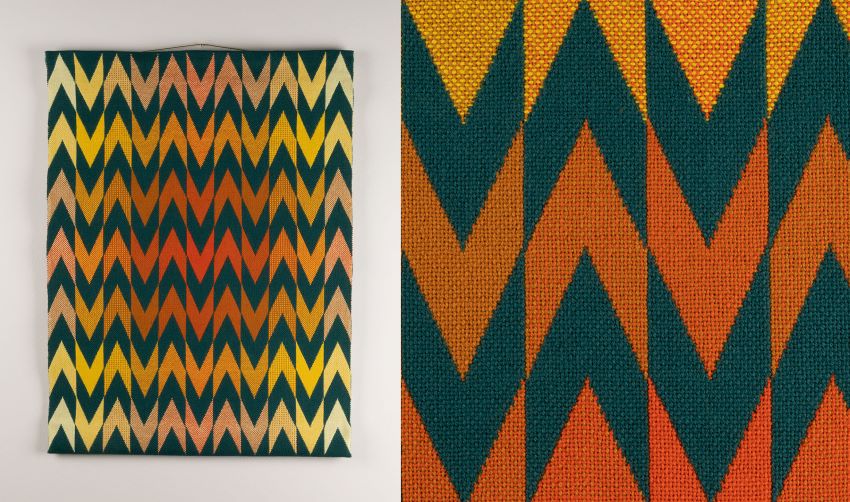
Image: Chevron Study by Cally Booker / Photography by Stuart Booker
Previous articles in Craft Journal have looked at Craft Hub’s valuable Materials Library and its international residency programme. As Irene notes, ‘The online platform plays a key role in preserving intangible craft culture across Europe as it not only documents current activity, but it also provides an open-source catalogue of techniques and materials that will be available after the project's completion.’ Among these legacy materials are a series of podcasts produced by Craft Scotland with partners and makers, addressing themes such as sustainable glass-making and the history and future of flax growing and weaving in Scotland.
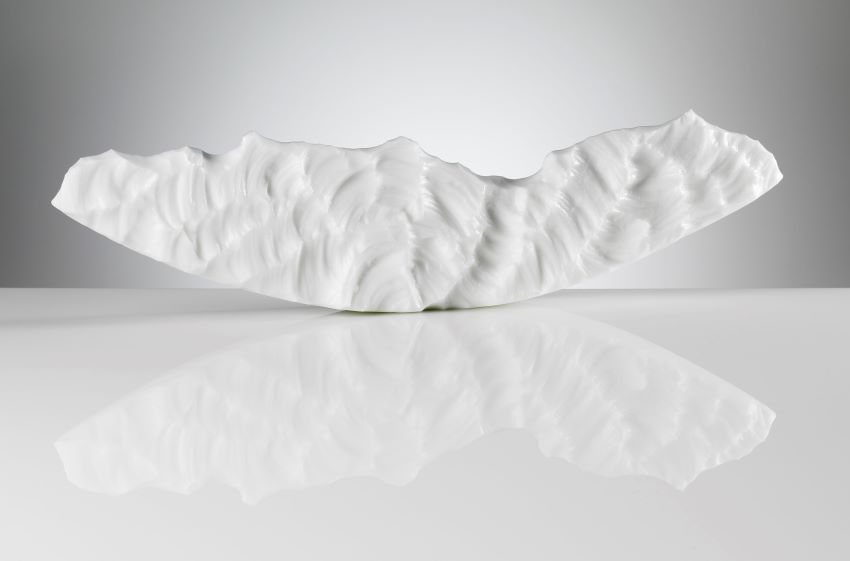
Image: Scarred Landscape by Jessamy Kelly / Photography by Shannon Tofts
The programme also included other important initiatives including a major touring exhibition, the Craft Hub EU Festival and a final conference.
Craft Hub’s juried exhibition, Investigating Craft Practices across Europe, presented work from a range of craft disciplines from across the collaborating countries (Project Catalogue, 34-351, Chapters 2 and 3). It was shown in six partner venues during 2023, opening in Italy before touring to Germany, Greece, Portugal, Ireland and Wales. Its itinerant nature called for a highly flexible design approach with consideration for sustainability. The work of four Scotland-based makers was selected for the exhibition: Angus Ross, a furniture designer maker based in Aberfeldy (Project Catalogue, 134-5); Cally Booker, a handweaver with a studio in Dundee (Project Catalogue, 332-3); Jessamy Kelly, a glass artist and educator based in Edinburgh (Project Catalogue, 338-9); and Roberta Pederzoli, an Italian-born jeweller working in Perth (Project Catalogue, 346-7).
The core show was supported at each venue by ‘local dimensions’ in the form of supplementary juried selections of exhibits (Project Catalogue, 352-395, Chapter 4). There were also nearly 370 workshops across the partner countries led by additional skilled practitioners (Project Catalogue, 427-475). These were designed to support ‘the upskilling and exchange of practice of established craft practitioners, as well as reaching out to new audiences, to encourage participation in supportive spaces and inspire a new audience of makers.’
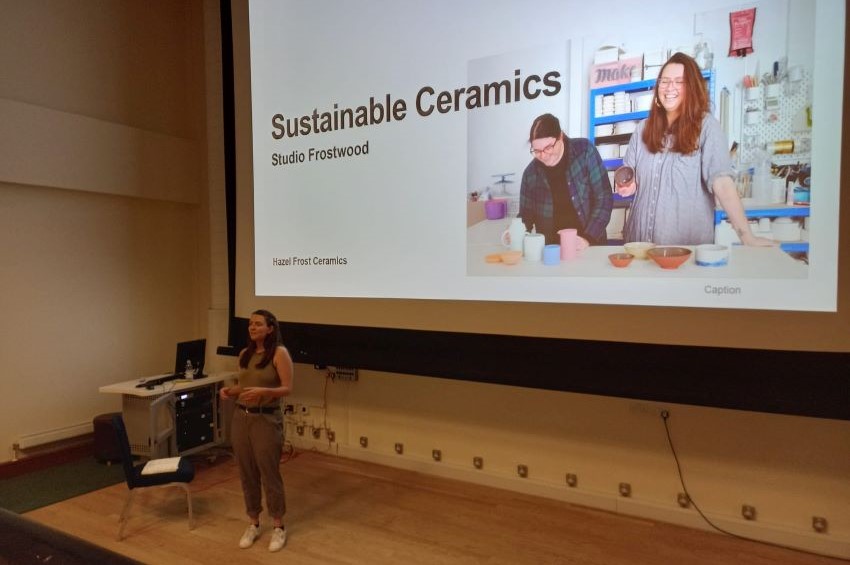
Image: Hazel Frost presenting at the Craft Hub Festival in Swansea / Photography by Craft Scotland
Craft Scotland enabled two makers, Hazel Frost and Gillian Stewart, to contribute to the workshops and talks offered by the Craft Hub Festival of Craft. This event, ‘a true celebration of craft’, was hosted in Swansea in September 2023 by the University of Wales Trinity St David (Project Catalogue, 476-521). Hazel, who works in Edinburgh, creates hand-built ceramics with a focus on coil building. She was a participating maker in Craft Scotland’s Compass: Emerging Maker Programme in 2021. Gillian is a bookbinder with a contemporary design and bookbinding practice (Juju Books) in Glasgow (Project Catalogue, 512-3). A principal value of the Craft Hub Project was knowledge exchange and skills development, while a key theme of the Festival was community engagement and social inclusion through craft making. During the Festival these two aims were met by the participation of more than 1000 people in 36 workshops offered throughout the city over the two days of the event.
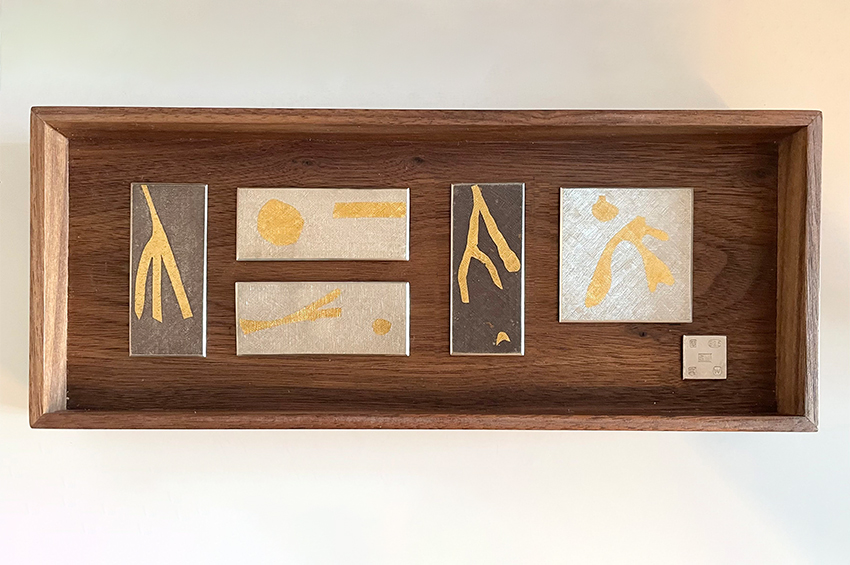
Image: Box of damascening samples by Sandra Wilson / Photography by the artist
The Craft Hub final conference, Transformation: Effect and Affect of Craft in Society, was organised by OsloMet (Project Catalogue, 396-407). This took place over two days in October 2023, accompanied by a linked exhibition, Transform, at the University Campus Gallery (Project Catalogue, 408-425). The conference presentations addressed three themes centred on the exploration of craft heritage, the aesthetics of materiality, and technology and craft. Speakers were selected from responses to an open invitation, and the programme featured an interesting multidisciplinary range of presentations from writers, academics, makers, artists, musicians and conservators.
Two Scotland-based speakers were among those selected. Liu Qiwei, a jeweller and silversmith currently researching for a PhD at the University of Edinburgh, spoke on the ‘Aesthetics of jewellery related crafts in cultural contexts’, while Sandra Wilson of DJCAD, University of Dundee spoke on ‘Traditional craft techniques and their value in working with precious metals recovered from electronic waste’.
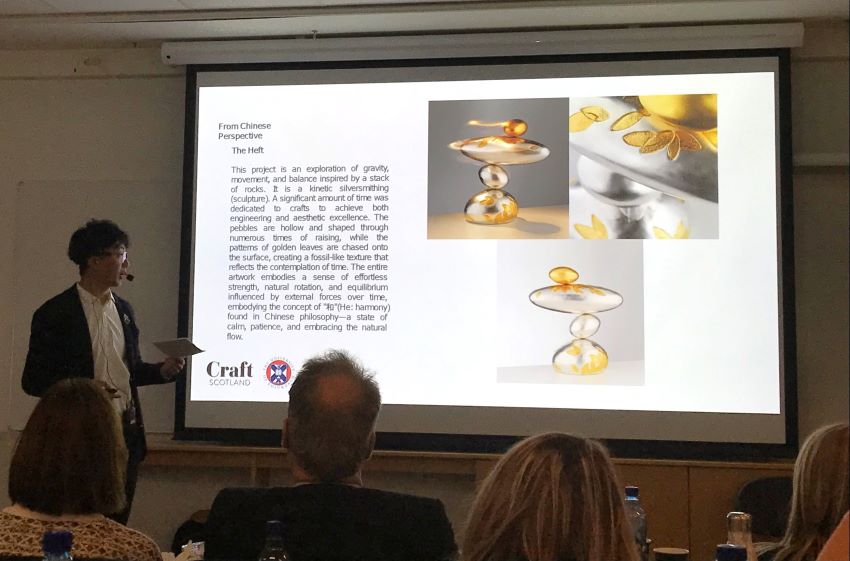
Image: Liu Qiwei presenting at the Oslo Conference / Photography by Craft Scotland
Qiwei says, ‘It was an honour and a privilege to attend the Craft Hub EU conference in Oslo, thanks to the opportunity and support provided by Craft Scotland. The conference was a rich and stimulating platform for sharing and learning from the diverse and innovative practices, research and perspectives of the craft community. It was a valuable and inspiring experience to learn from and exchange ideas with other makers, researchers and academics from different cultural backgrounds and disciplines. I am truly grateful to Craft Scotland for their assistance and encouragement throughout the process and I would love to make more contributions in the future’.
" Craft Scotland remains committed to nurturing existing partnerships, forging new connections, and extending opportunities for our makers, ensuring the continued success that has defined the course of this remarkable project."
- Irene Kernan, Craft Scotland's Director
For Scotland’s maker community, as well as its craft infrastructure, Craft Hub brought a valuable focus on international working and knowledge sharing, offering chances to explore new ways of working, access existing expertise and build new networks. But as Irene Kernan points out, ‘It is essential to sustain the momentum generated by international projects like these. Craft Scotland remains committed to nurturing existing partnerships, forging new connections, and extending opportunities for our makers, ensuring the continued success that has defined the course of this remarkable project.’
While the original Craft Hub Project may now be complete, it leaves a rich cultural legacy and a strengthening of transnational links. For many of those taking part – whether organisation or individual – it may just have marked the starting point for exciting new journeys: Craft Hub’s role as inspirational catalyst will undoubtedly produce fruit well into the future.
 Dr Elizabeth Goring is an independent curator and writer. She was formerly a Principal Curator at National Museums Scotland.
Dr Elizabeth Goring is an independent curator and writer. She was formerly a Principal Curator at National Museums Scotland.
![The Craft Edit February 2025]()
![Sarah Hutchison Gives Jewellery a Second Chance to Sparkle]()
![Òr: An Ode to Craft on the Isle of Skye]()
![Bright Future for Craft Scotland - Funding Update 2025-28]()
![Our COMPASS Journey: Successes and Learnings from 5 Emerging Maker Cohorts]()
![A Maker’s Guide to Applications]()
![Bard: Crafting a Feast for the Senses]()
![A Toast to Tea Green: Ten Years of Bringing Craft to Inspiring Destinations]()
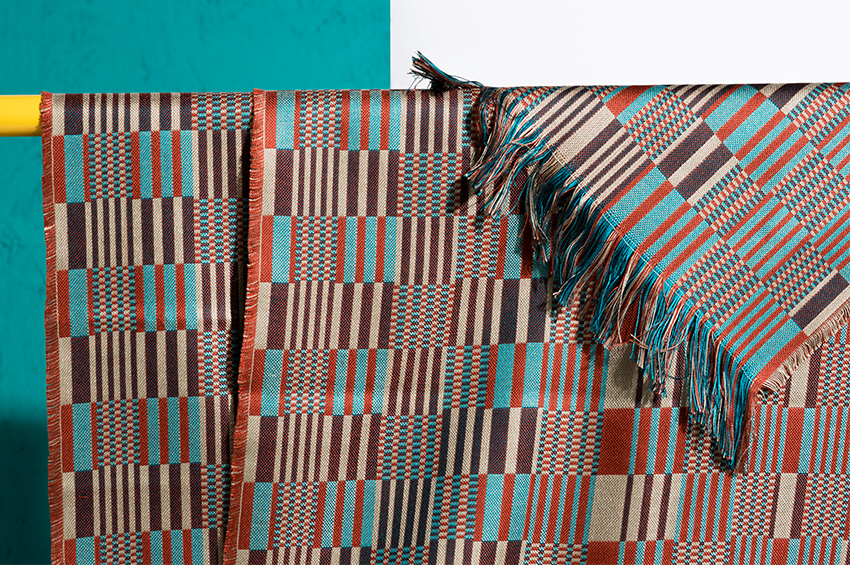
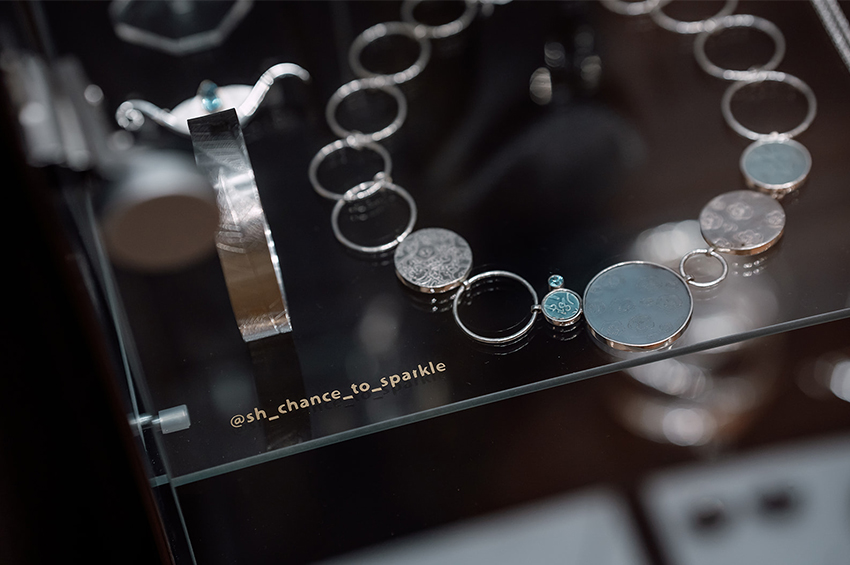
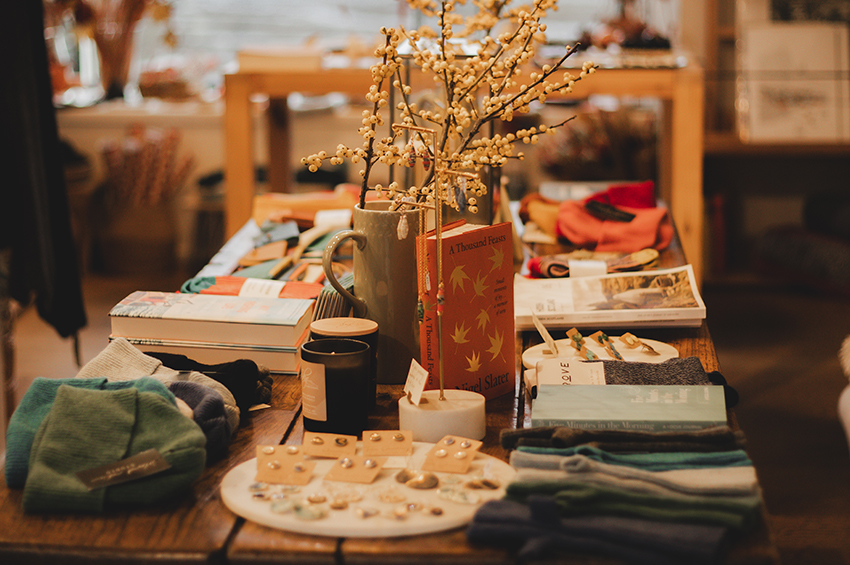
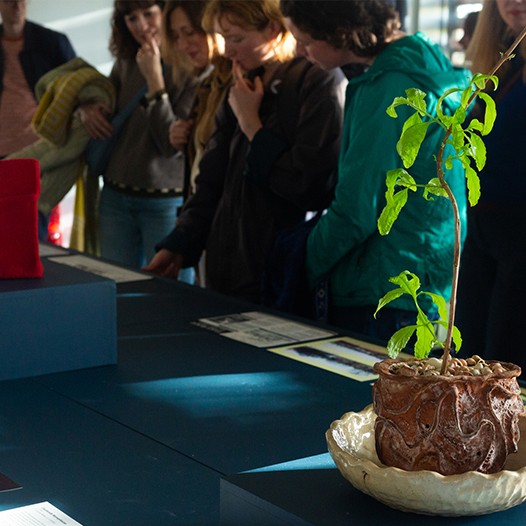
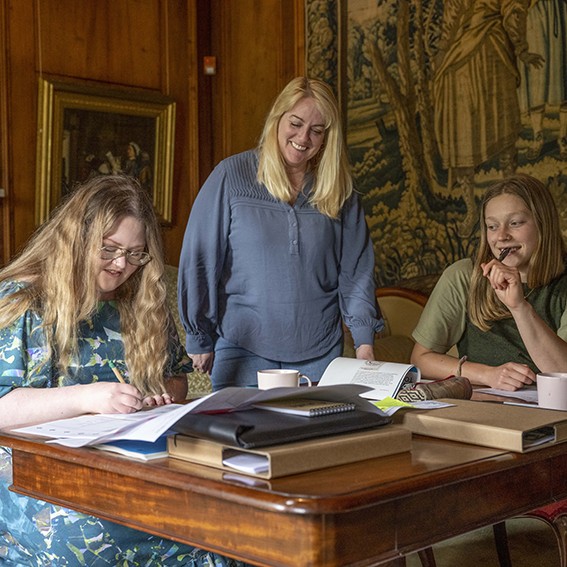
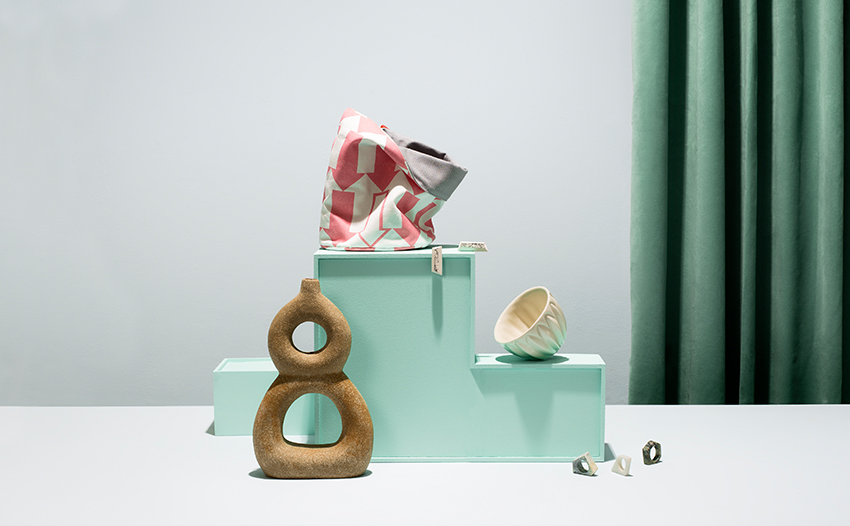
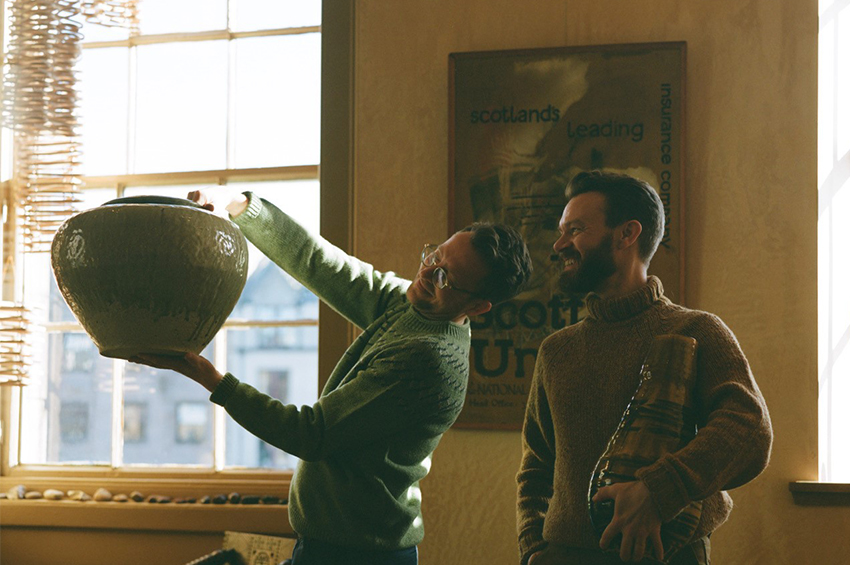
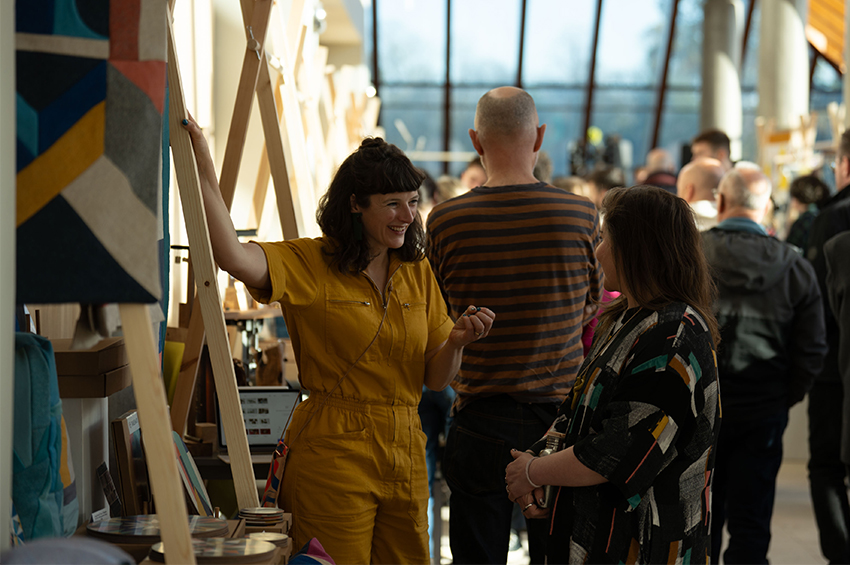
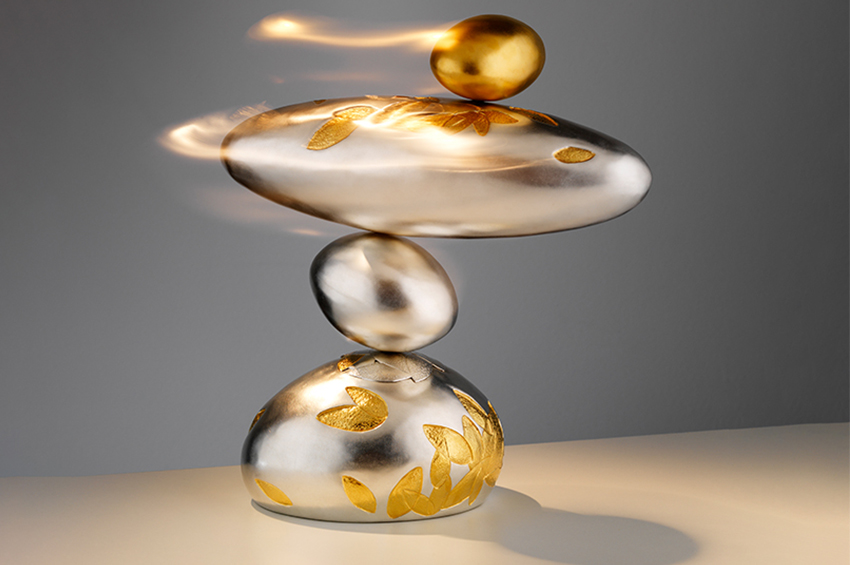






 Dr Elizabeth Goring is an independent curator and writer. She was formerly a Principal Curator at National Museums Scotland.
Dr Elizabeth Goring is an independent curator and writer. She was formerly a Principal Curator at National Museums Scotland.